Artist Talk - William Benton Museum of Art, Storrs, CT
Animation!
I've been working with animation on some new work. Give them a gander:
Gringo Standoff, Stop Motion Animation, 2023
No bastard., Stop Motion Animation, 2022
Read MoreHearing their stories.
On September 30th, 2017, I flew from Utah, to Germany. It was the beginning of a week-long expedition in Germany and Paris to interview refugees. My experience in Europe was life changing, for what I saw and heard covered the gamut of heartbreaking to inspiring. It’s taken a few months to even partially process the journey and I’m still apprehensive to be writing about it for fear of being sanctimonious or morbid.
Let’s start with some context of the refugee crisis; according to the UNHCR, there are 65.6 million people worldwide that are currently forcibly displaced from their homes. 22.5 million of them have crossed international borders in their displacement, and are now defined as refugees. By the end of 2016, 5.2 million of those refugees were in Europe. Out of the 22.5 million refugees, only 189,300 (0.84%) were resettled. When people are forcibly displaced, it’s usually a result of violence or natural disasters; my experience was that every refugee’s ultimate reason for leaving was violence, or the threat of violence.
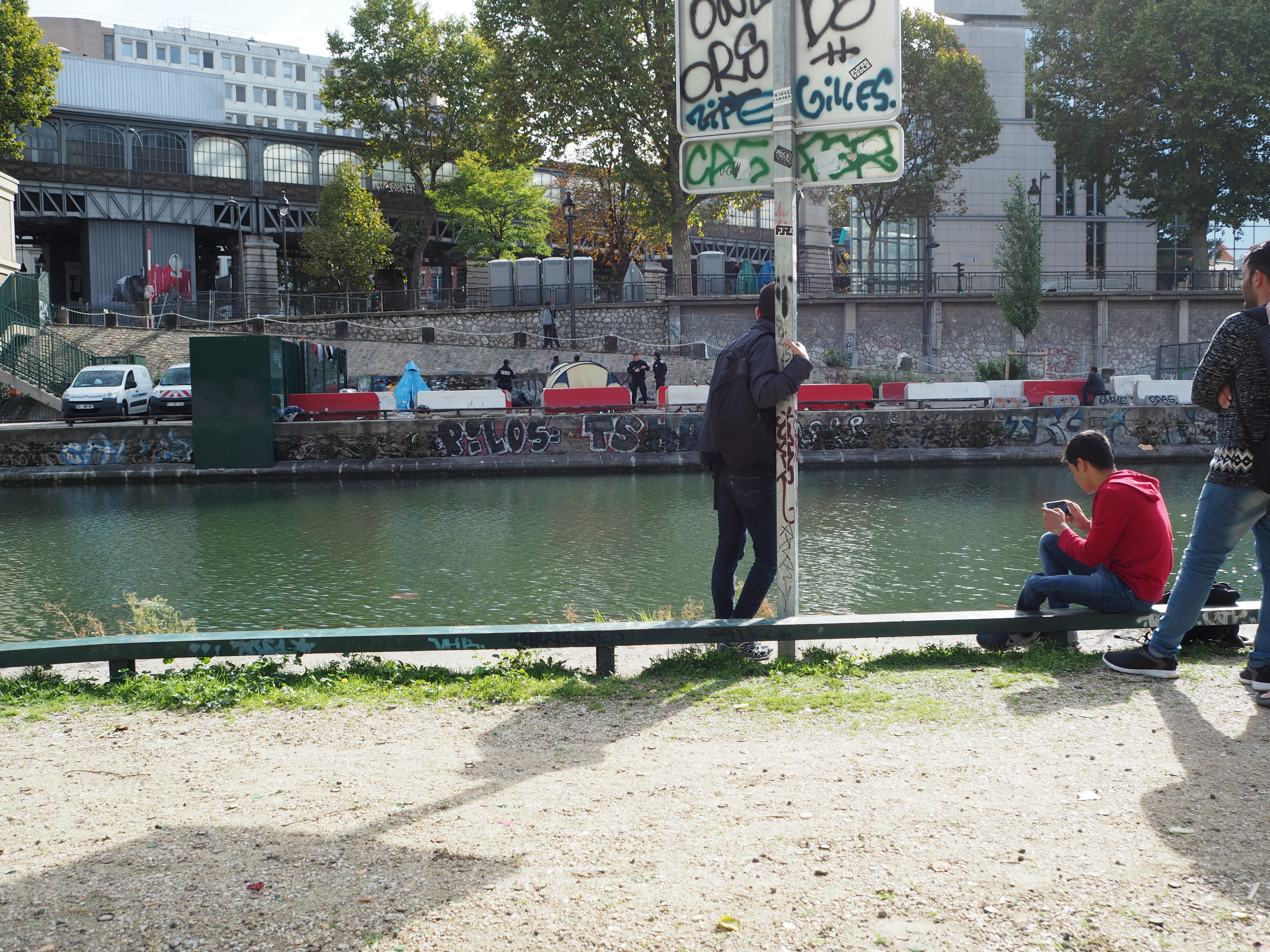
The organization I work with is Their Story is Our Story (TSOS), an organization that helps refugees tell their stories in an intimate and emotionally authentic manner with the goal to help shape the international dialogue about refugees. I produce etchings of interviewed refugees for TSOS to help expand the reach of the stories. The art provides ways for people to get involved through fundraising and having art work in their home which can serve as a reminder and conversation starter. In Europe, I was there to draw interviewees to help prepare for the upcoming etchings, although I often pulled double duty by helping with the paperwork, and on one occasion, I did my best to keep a toddler entertained during an interview.
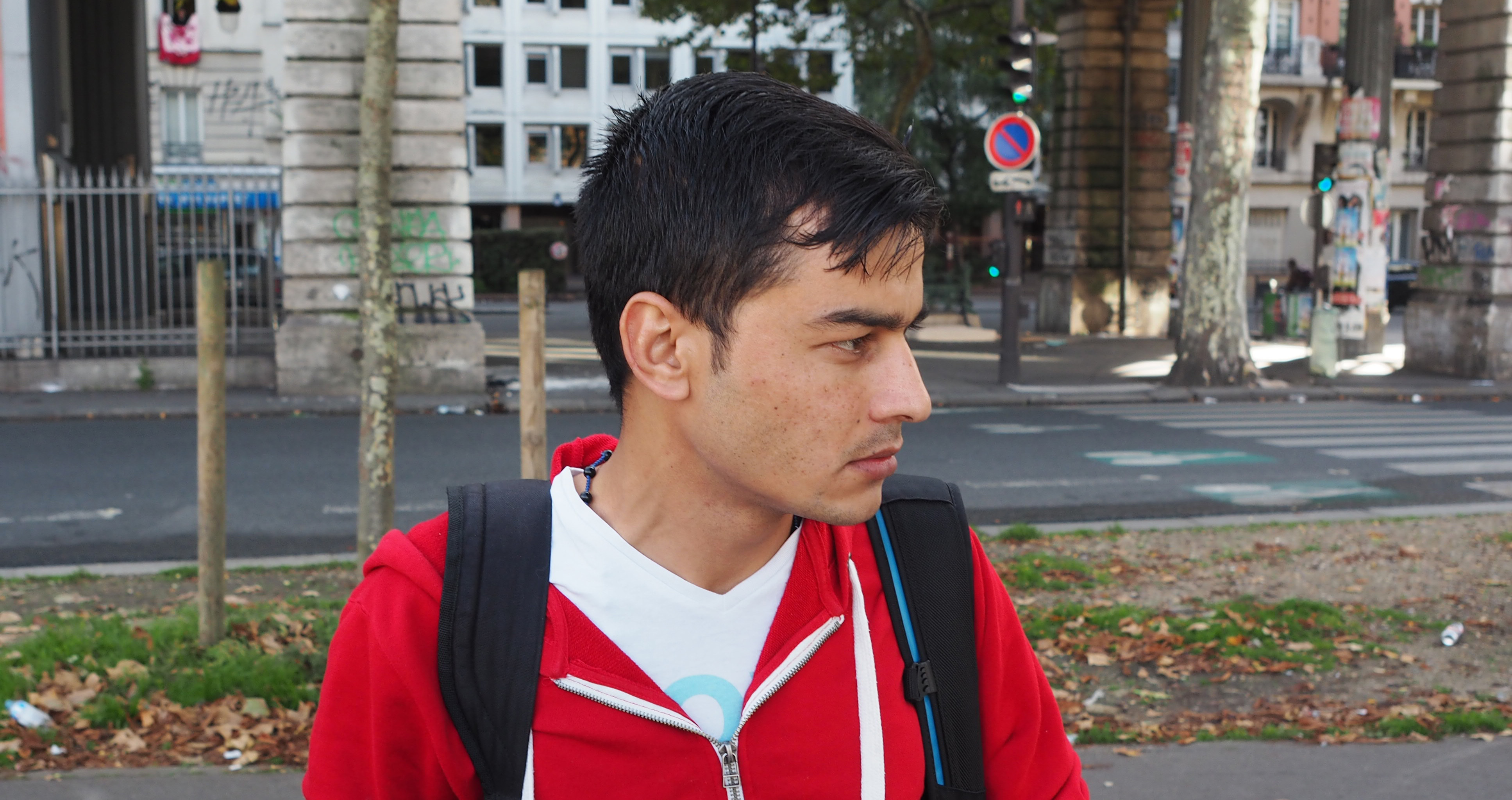
Ali was the first refugee I met in Paris, and his story, although unique, shares patterns that were repeated again and again with each refugee I met. He was left with the options of staying in Afghanistan with his life being threatened for refusing the Taliban recruitment, or making a perilous 3000+ mile journey to Greece. Some of the details of his experience are so mind boggling, I would have had trouble believing it if I hadn’t seen videos and pictures with my own eyes. What I remember most about Ali was his smile. Despite all his trials and his uncertain future in Paris, he joked with me. Especially when he made fun of my feeble attempts to repeat Pashto words he was trying to teach me.
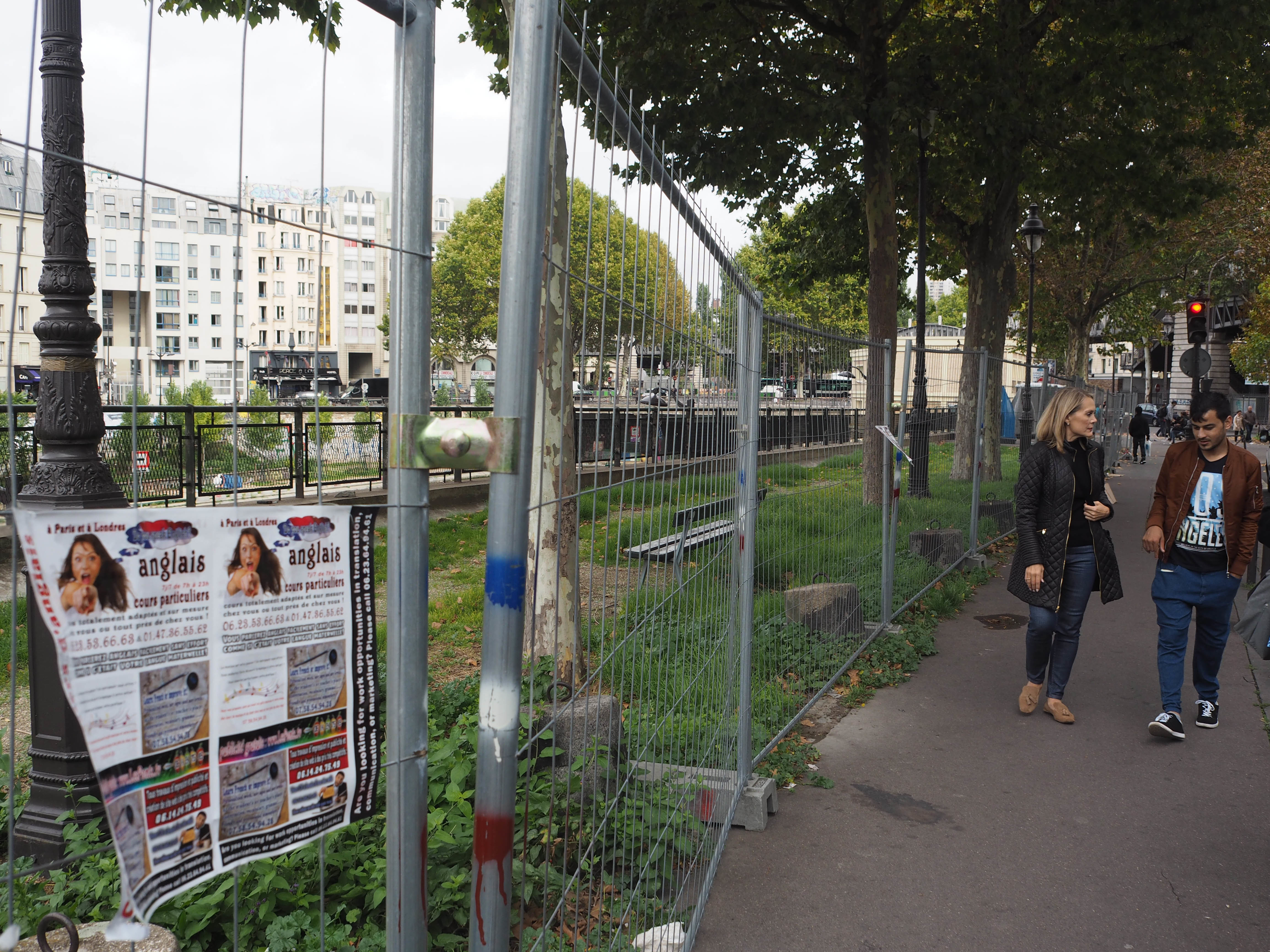
We walked the streets of Paris with Ali and saw the terrible circumstances that thousands of refugees endure day in and day out. The slow bureaucracy of the French government, combined with relative indifference, has bred an environment that allows for vulnerable refugees to be preyed upon by the dregs of society. With thousands of people on the streets, receiving meager amounts of help, is it any wonder why crime, drugs, pedophilia, and other horrors are running rampant? I felt powerless as I stood outside the “Bubble” (Paris’ only temporary refugee shelter) looking at the hundreds of refugees waiting in line, accompanied by a permanently stationed SWAT team across the street. I still feel relatively powerless to help these people with my meager efforts, but I’m trying to do something.
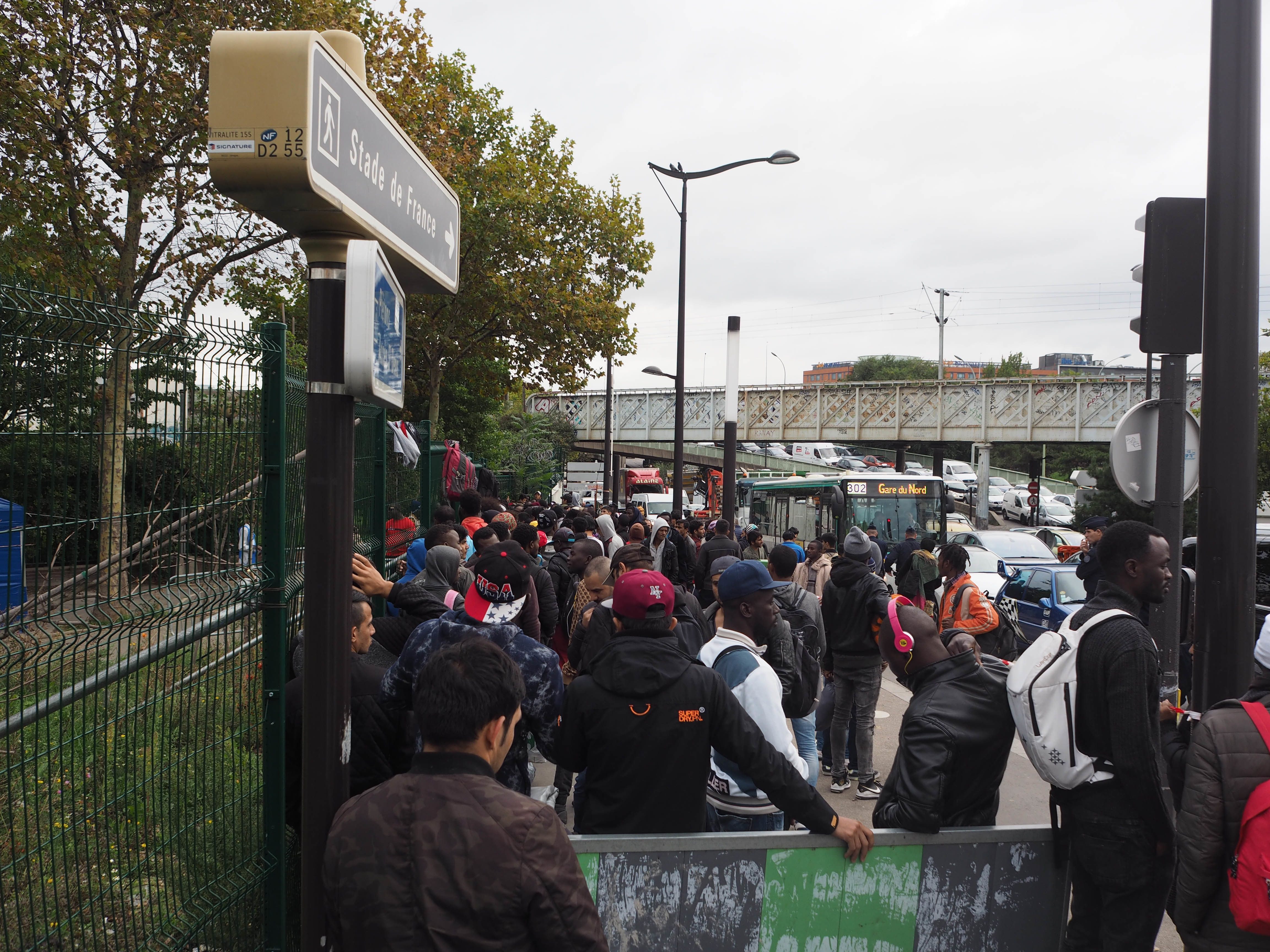
Asad is an Afghani that was forced to leave his family (wife and child) behind as his cooperation with Western militaries and companies from years before made him a target for the Taliban. As we shared an Afghani meal, Asad and I spent nearly half an hour talking about accents and language in the United States and Afghanistan. He got a particular kick out of my southern accent (thank you to my mother’s southern heritage for that one). My brother, Noah, and I talked after meeting Asad and a few other parent refugees about how difficult it must be to worry about your children when you’re a refugee. Those particular family concerns are something that I can’t truly empathize with at this point in my life, but I still have tears in my eyes writing about it.
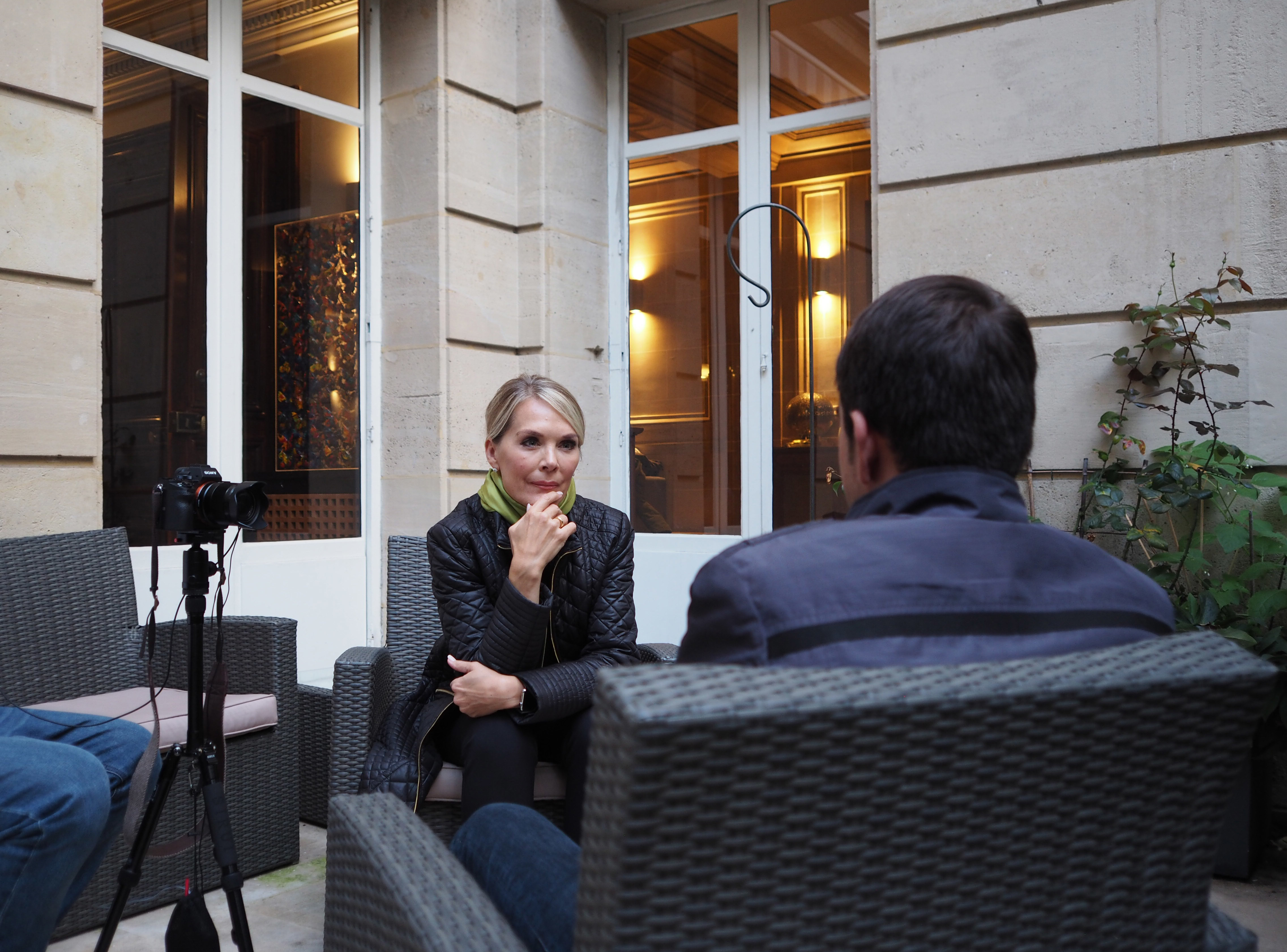
In Germany, I met a wonderful group of mothers in a refugee mother’s shelter. I wish I could share details, but for their safety, I won’t. Out of all the stories I heard, theirs’ bring the most tender feelings and I often reflect upon that Friday. Their determination to build lives of safety for their families motivated them to carry their children across continents, seas, and borders. Yet, no matter where they went, they couldn’t find the peace they were looking for. Hopefully Germany can provide them with that peace.
As difficult as the stories were to hear, we also met angelic humans who are going beyond the call of duty to help their brothers and sisters. Heather and Kelvin of Paris Refugee Ground Support are British ex-patriots gave up their lives to support refugees each and every day. They live out of a van that they stuff to the gills with supplies every night, with the express purpose of distributing everything before they call it for a night.
Ben and Diana form a mother-son team that proves any age can help relieve the suffering. Ben was moved as he watched the news coverage of shoeless refugees early on in the European crisis. With the help of his mother, he founded Compassion Without Borders which has collected countless donations, including thousands of shoes, to help refugees, partnering with the generosity of the community at the American School of Paris.
Kayra Martinez, an American in Frankfurt, has changed her life to help the refugees in Greece support themselves and work through the scars of their experiences by providing art materials and then facilitating art shows where all proceeds go back to the artists.
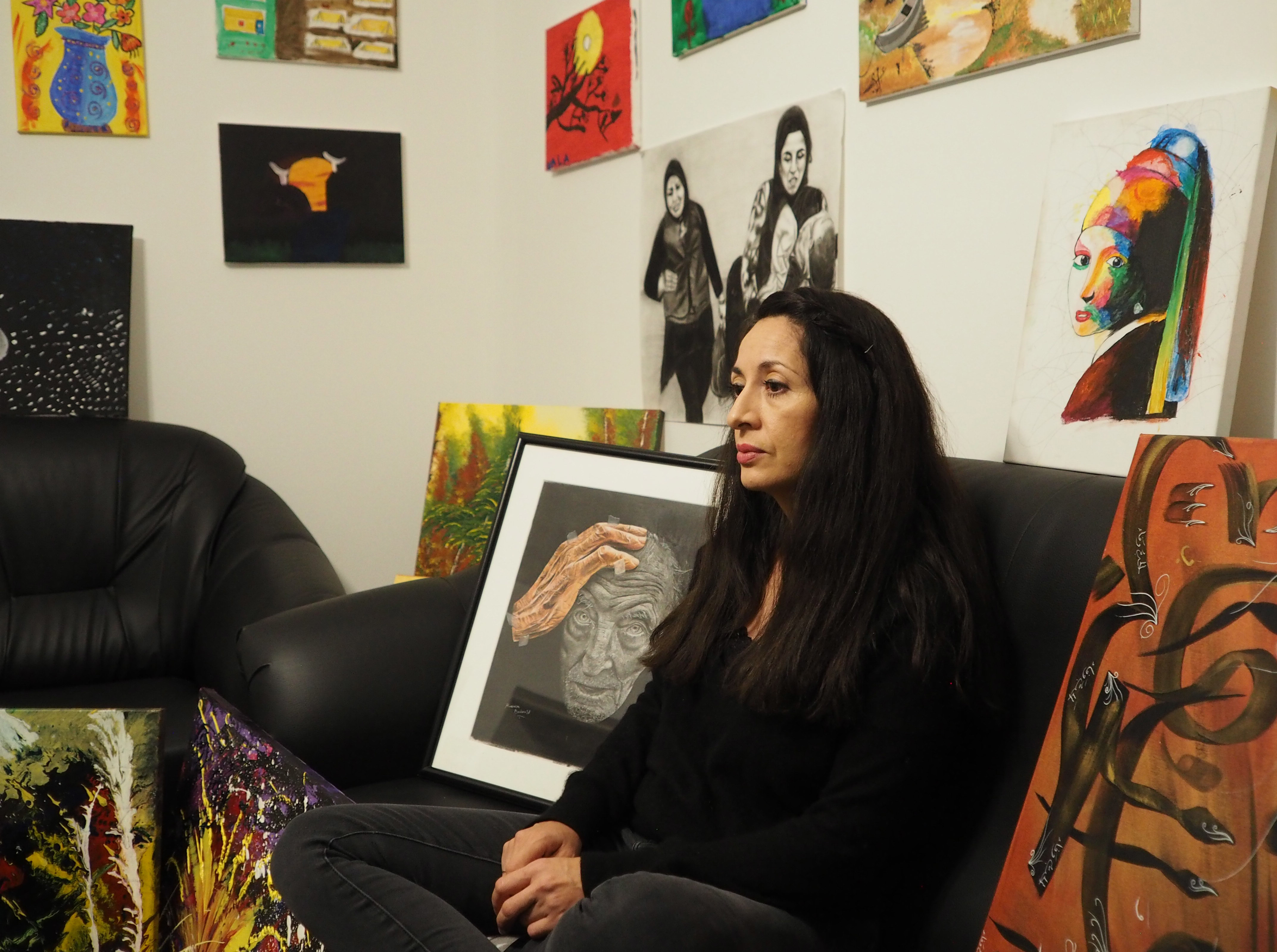
Each of these volunteers, and the many not named, seem to have one thing in common: they’ve experienced the reality of being an outsider. They have taken that life lesson to fuel their compassion for these outcasts in dire need. I have often wondered since my third day in Europe, am I too comfortable in my life? Too much on the inside to notice those who are in the deepest of need of my love and help?
A couple weeks after getting home, I related the story of my trip to a friend, and she asked: “What are you going to do now?” I wasn’t sure. I’m still not 100% sure. However, I do know this: making artwork to help refugees in Europe is a great thing, but there are refugees in Utah. 60,000 of them. And we get roughly 1,200 more each year (except this year, due to the Trump administration cutting back on the number refugees allowed to resettle, which led to some state by state allocation disparities). I must be serving those who are here in Utah, as well as the friends I’ve made across the Atlantic. I’ll still continue making etchings that can be seen and obtained through TSOS, as well as do something on a local basis.
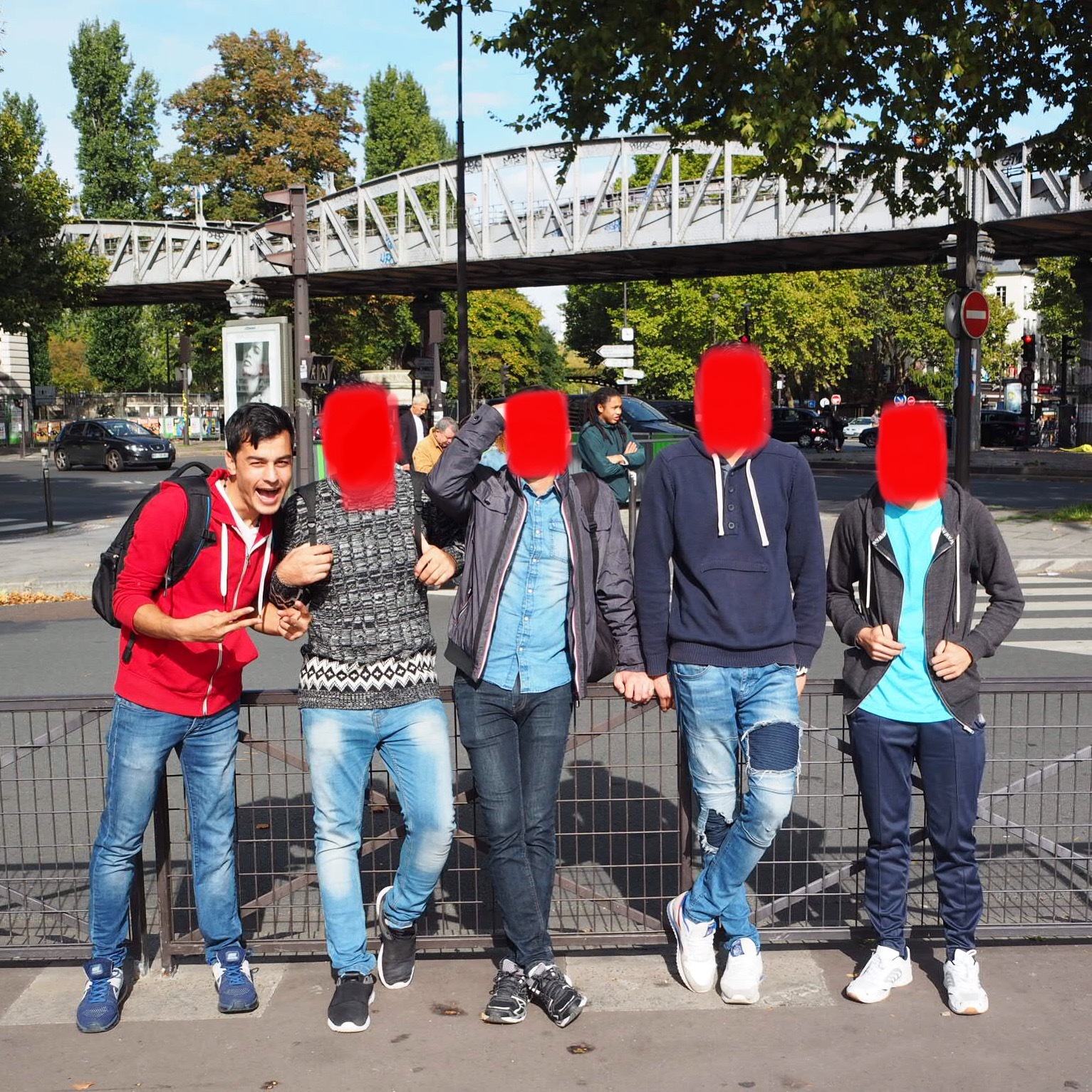
The refugee crisis is complicated. There aren’t any easy solutions. There aren’t any clear solutions. I do not pretend to have an answer on how to help each of our 65.6 million brothers and sisters that have been forcibly displaced. However, it’s not an impossible task. It will require sacrifice. The sacrifice will be well worth it, because “are we not all beggars? Do we not all depend upon the same Being, even God, for all the substance which we have…?” (Mosiah 4:19)
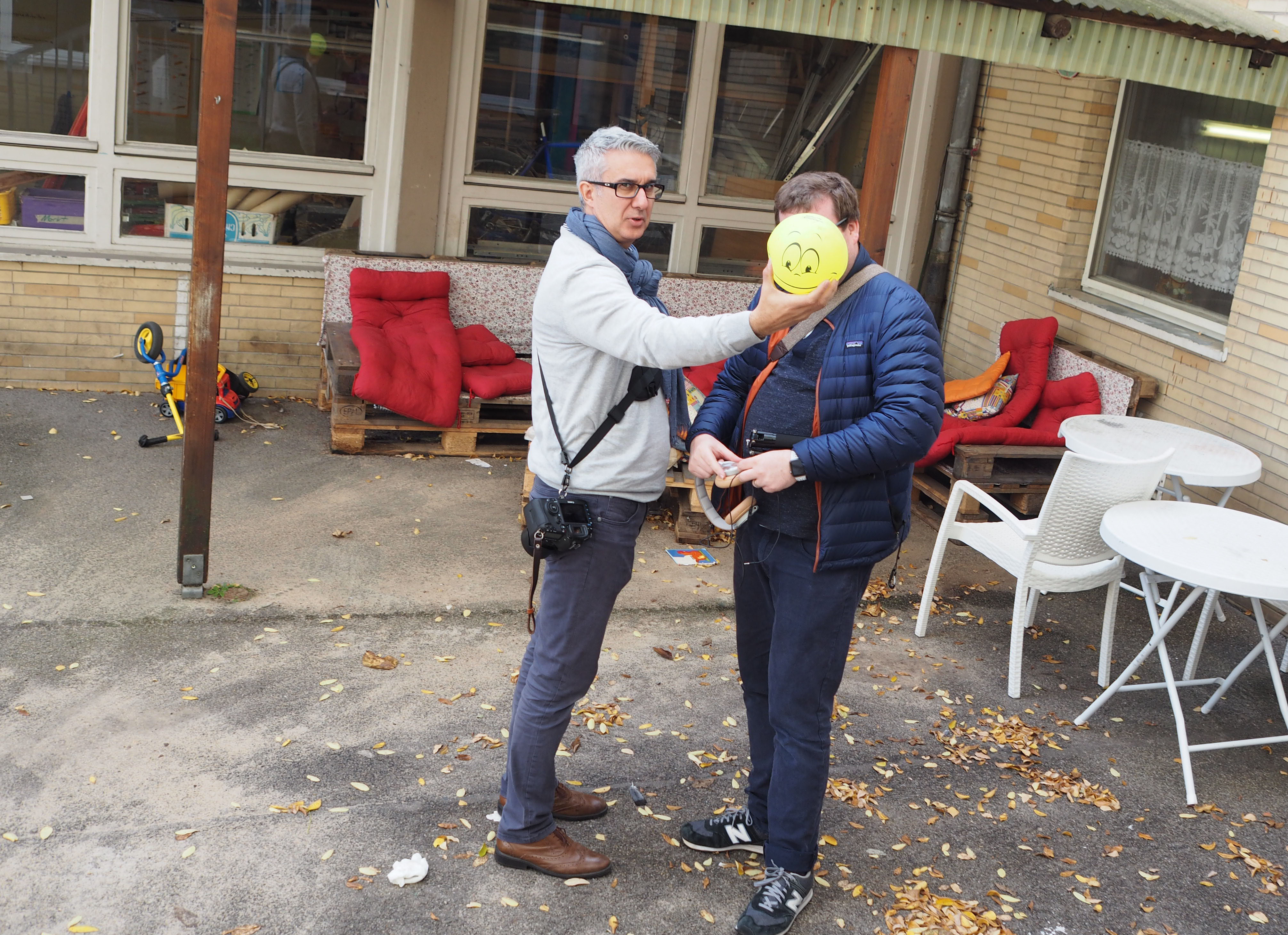 Read More
Read More